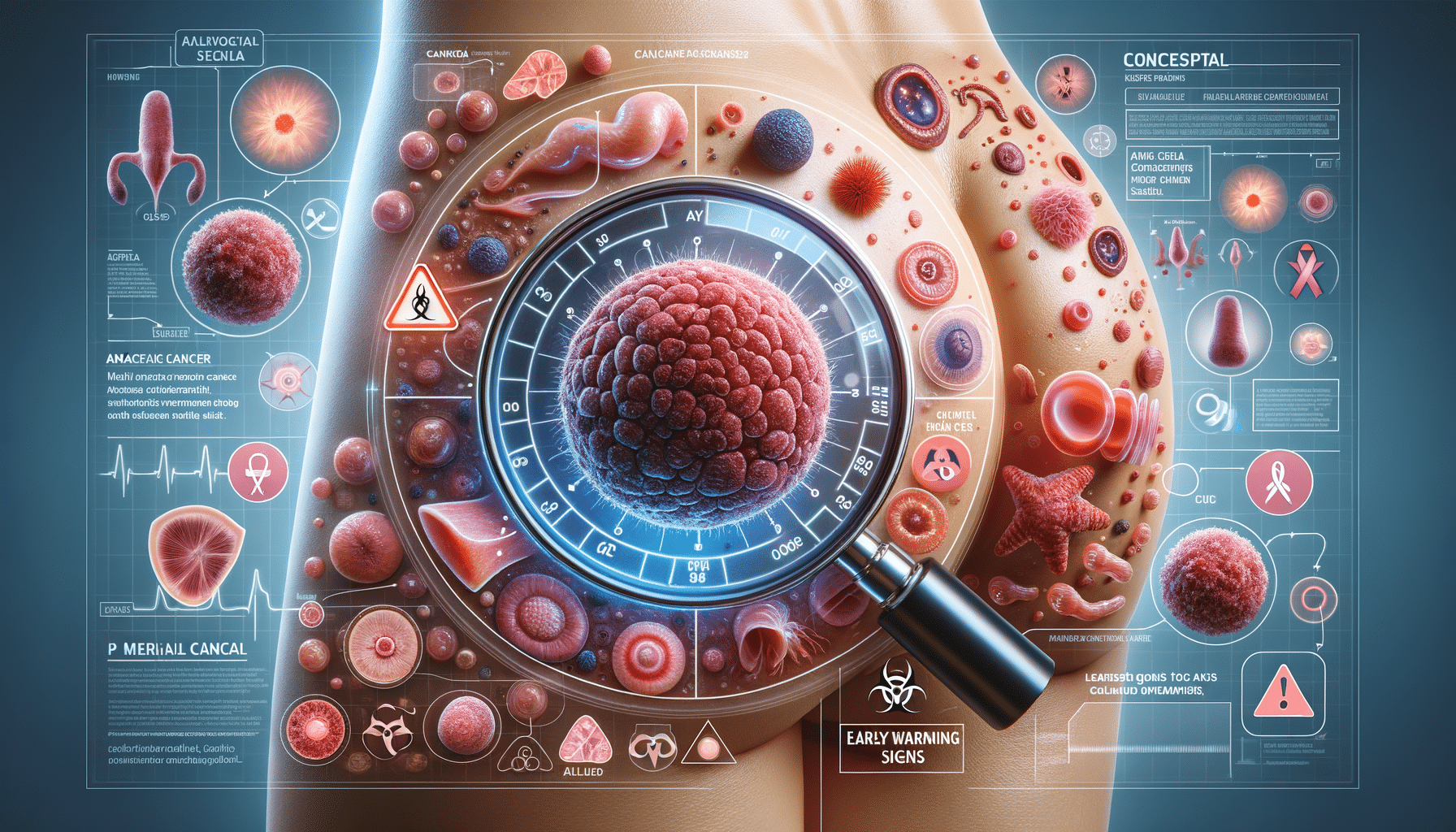
Recognizing the Early Warning Signs of Anal Cancer
Introduction to Anal Cancer
Anal cancer is a relatively rare form of cancer that occurs in the tissues of the anus. Despite its rarity, understanding the early signs and symptoms of anal cancer is crucial for timely diagnosis and effective treatment. This type of cancer can affect anyone, but certain risk factors may increase the likelihood of its development. These include a history of human papillomavirus (HPV) infection, smoking, and a weakened immune system. By raising awareness about anal cancer symptoms, individuals can seek medical advice sooner, potentially improving their prognosis.
Common Symptoms of Anal Cancer
Recognizing the symptoms of anal cancer is essential for early diagnosis. While some symptoms may be mistaken for less serious conditions, persistent issues should be evaluated by a healthcare professional. Common symptoms include:
- Bleeding from the anus or rectum
- Pain or discomfort in the anal area
- A lump or mass near the anus
- Changes in bowel habits, such as diarrhea or constipation
- Narrowing of stool
- Itching or irritation around the anus
These symptoms can vary in intensity and may not all be present in every case. It is important to note that these signs can also be associated with other conditions, such as hemorrhoids or anal fissures, which underscores the importance of medical evaluation for proper diagnosis.
Diagnosing Anal Cancer
When symptoms suggest the possibility of anal cancer, a thorough diagnostic process is necessary. This typically begins with a physical examination and may include a digital rectal exam to check for lumps or abnormalities. If further investigation is warranted, a biopsy may be performed to confirm the presence of cancerous cells.
Advanced imaging techniques, such as an MRI or CT scan, can provide detailed views of the anal region and surrounding tissues, helping to determine the extent of the cancer. Early detection through these diagnostic tools can significantly enhance treatment options and outcomes.
Treatment Options for Anal Cancer
Treatment for anal cancer depends on the stage and location of the cancer, as well as the patient’s overall health. The most common treatment approach is a combination of chemotherapy and radiation therapy, which has been shown to be effective in treating early-stage anal cancer.
Surgery may be considered in certain cases, especially if the cancer does not respond to other treatments or if it is in a more advanced stage. The type of surgery will depend on the size and spread of the tumor. In some situations, a colostomy may be necessary to divert waste from the body.
Emerging treatments and clinical trials are continually improving the landscape of anal cancer care, offering hope for better outcomes and fewer side effects.
Conclusion: Importance of Early Detection
Understanding the symptoms of anal cancer and seeking prompt medical attention can make a significant difference in the effectiveness of treatment. While anal cancer is not as common as other types, awareness and vigilance are key components in reducing its impact. Individuals should not hesitate to consult healthcare professionals when experiencing persistent symptoms, as early detection can lead to more successful management and improved quality of life.


